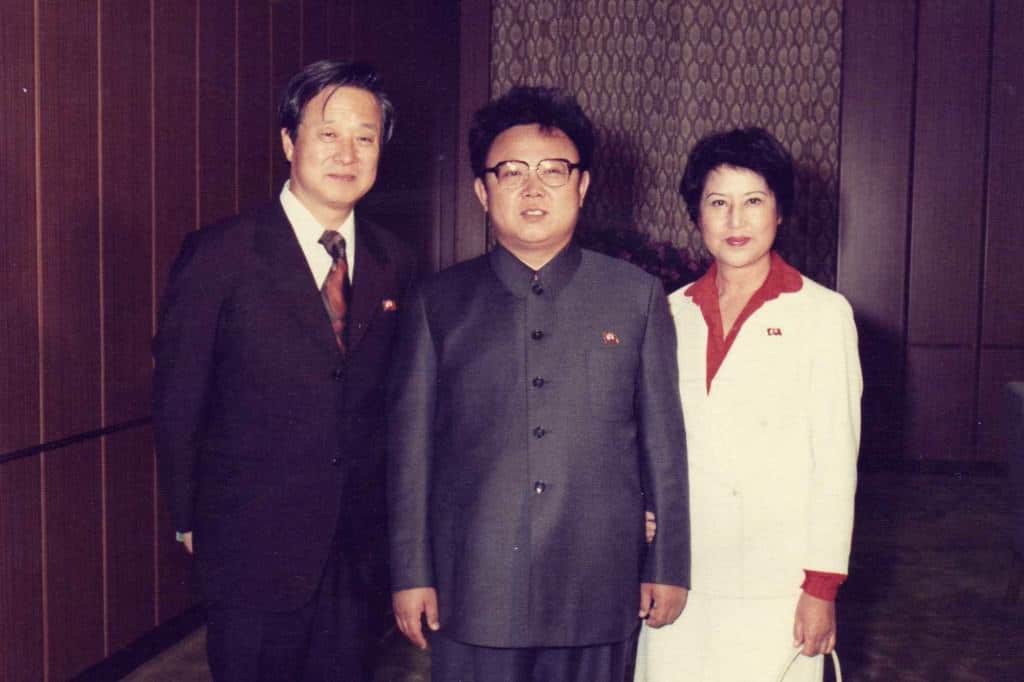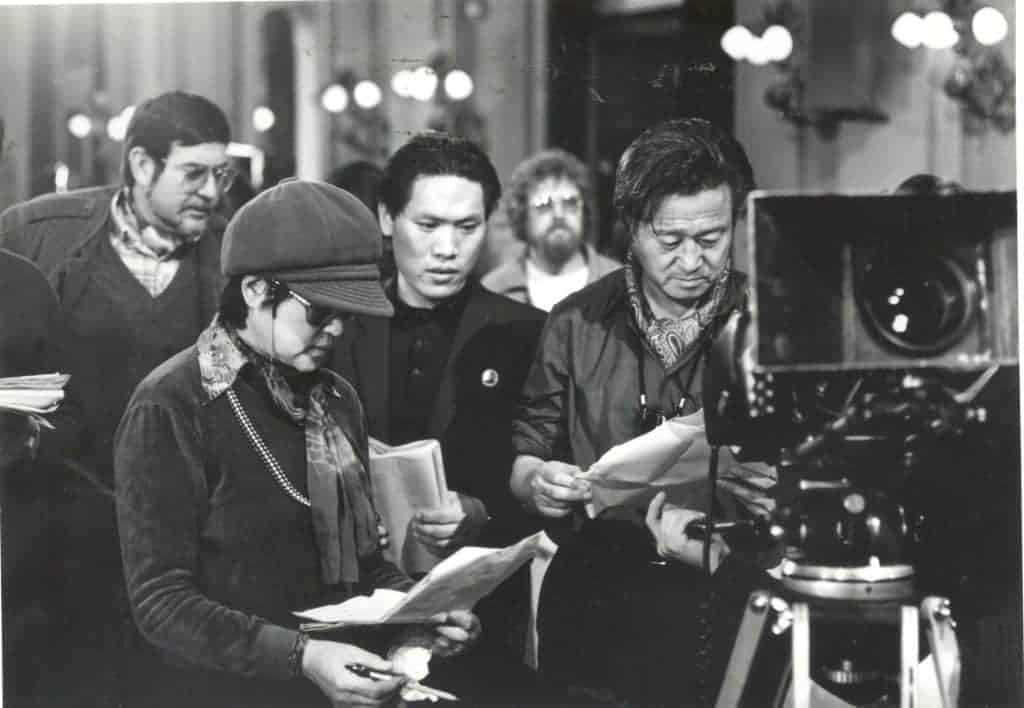Sundance Doc The Lovers and the Despot examines a bizarre slice of history that should, from its very subject matter, be interesting. But the film fails to find insight.

The Lovers and the Despot tells what should be an interesting story without doing the work to create one. It recounts a bizarre slice of South Korean cinema history: in 1978, director Shin Sang-ok and his ex-wife, actress Choi Eun-hee, were kidnapped, separately, by Kim Jung-II from Hong Kong and held for eight years. Kim Jung-Il wanted swift improvements in the North Korean film industry, and this was his solution. But British filmmakers Robert Cannan and Ross Adam mount an unconvincing argument for why this story matters, and their perspective offers nothing new.
The filmmakers’ fragmented use of original and borrowed footage fails to cohere into a captivating story. They conduct original interviews with Choi, their children, and a few overeager, vaguely political figures. These add some information but no real substance. Shots from Shin’s films are included, but watching Chin in character, gazing longingly, feels like a cop-out to try to add emotional depth to the film. These tactics don’t bring us closer to the family; the film’s treatment of the main characters feels distant.
Furthermore, the film never paints a clear picture of the oppressiveness of the state at the time and how that might have affected Choi and Shin. We have to rely on our own knowledge to assume this was a difficult place for them to be. The low quality historical footage of North and South Korea in the 1970s and 1980s shows large groups of loyal, brainwashed citizens in North Korea and the diplomats who are excited to hear firsthand about Kim Jung-Il. But it serves only to reinforce what we already know: he’s an oppressive dictator.
At one point in the film, Choi Eun-hee says of being kidnapped, “I was close to death many times.” Yet the film never showed us any evidence of this. Although Shin was briefly imprisoned right after the kidnapping, Choi was given a house and spent her time gardening. But for the majority of their stay in North Korea,, they lived together in relative luxury. They had unlimited resources and support to make the films they wanted to make with complete creative control. They never had to fundraise. They weren’t even forced to make propaganda films, as you might expect. They even left the country to attend parties and international film festivals. It seems like an improvement over their life in South Korea, where Shin would often go over-budget and leave his home to hide from his debtors.

It’s hard to stay emotionally engaged with the film because we never get a sense of how Choi and Shin felt during their captivity. We might assume they struggled with being separated from their children. But assuming is all we can do. Whether in the present-day interviews or in the voice recordings made during their captivity, we never hear the pair never talk about having missed their children; we do hear their children remembering how much they missed their parents. We also never hear about or see a reunion with their children once Choi and Shin escape.
Is this because the couple were too selfish to care or because the filmmakers failed to include such important details? It’s unclear, and so the stakes feel lower than they ought to. Choi recalls that she and Shin were happy to see each other’s familiar faces in North Korea. She mentions they fell in love again, but their renewed courtship is never shown. Instead, at the end, we remember the curious (and then altogether dropped) fact that Shin cheated on her, by having two children with another women years before the kidnapping, and wonder what happened to them.
Because the film was directed by foreigners, it only ever offers an outsider’s perspective that seems only interested in telling a sensational story. We never find out why the filmmakers felt compelled to travel across the world to conduct interviews for the film, because we never see them and only rarely hear them. The film never transcends its subject matter to be more than an information dump: it fails to tell a meaningful story about either the family, the time period, filmmaking, or North Korea. Instead, we’re left with a perfectly adequate account of a curious story, which might be intriguing in a high school classroom. But at Sundance, it just doesn’t hold up.

